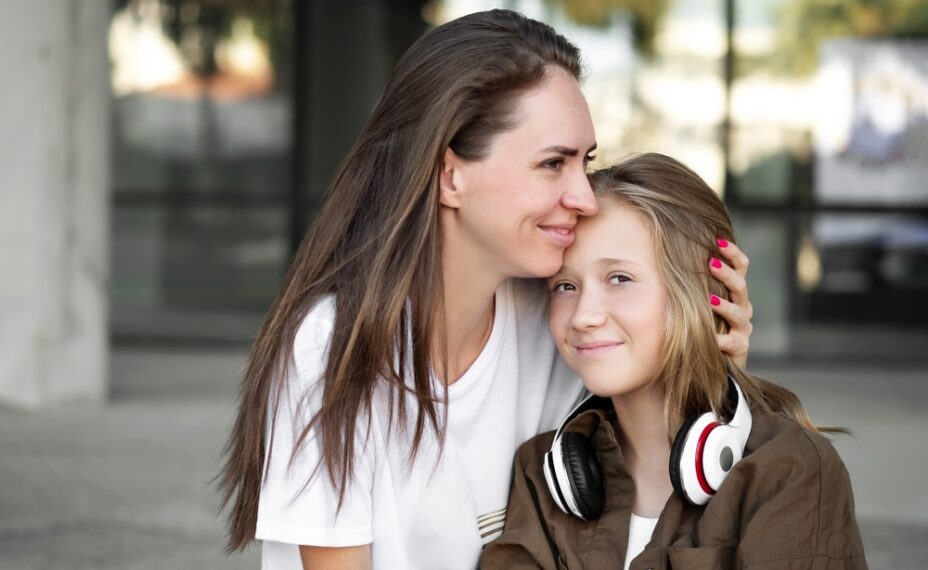Panic attacks in children and teens
Support for children who suffer from panic disorder
Everyone feels anxious sometimes but panic disorder is often characterised by severe levels of fear and worry. Children and young people who suffer from panic disorder often become afraid of the physical symptoms of anxiety that they misinterpret as there being something imminently wrong with them. For example, during a panic attack they might feel a shortness of breath, heart pounding, chest pain or dizziness, which someone with panic disorder may see as an indication that they may be having a heart attack or other medical problem.
If a child/young person is experiencing panic attacks, they might experience a sudden feeling of overwhelming anxiety about what is going on in their own body and fear of their physical sensations. Working alongside a therapist, you can learn the tools and approaches that work best for you and/or your child to help you take back control and get back to a life that’s worth living.
When to seek treatment for panic attacks in children and teens
What is a panic attack?
In panic disorder, during a panic attack often your body will believe you are in danger even when there is no danger present, we call this a false alarm, like when a fire alarm sounds when there is no fire. Over time this fire alarm becomes a learnt alarm, and young people with panic disorder seek to avoid anything that might switch on this false alarm as they perceive it as dangerous. Even when young people with panic avoid and escape situations, they often continue to fear their next attack, all whilst they become more withdrawn as a result of their avoidance. Due to this withdrawal many people with panic become depressed and anxious.
Panic attacks can affect children and young people in three different ways:
- Physically (e.g. sweating, fast heartbeat, shortness of breath, tension, etc.)
- Psychologically (e.g. fear something awful is going to happen (even if they don’t know what that is), worry about their physical health, losing control, making a fool of themselves, etc.)
- Behaviourally (e.g. need to escape, sit down, avoid certain places / situations / activities, etc.)

Begin your journey
Your child must be aged 5-17 years to access our therapy services.
Your child’s assessment will cost £100 (this includes consultation and report).
After your assessment, if your child is recommended for therapy, this will cost £125 per appointment.
(all fields marked * are mandatory)

